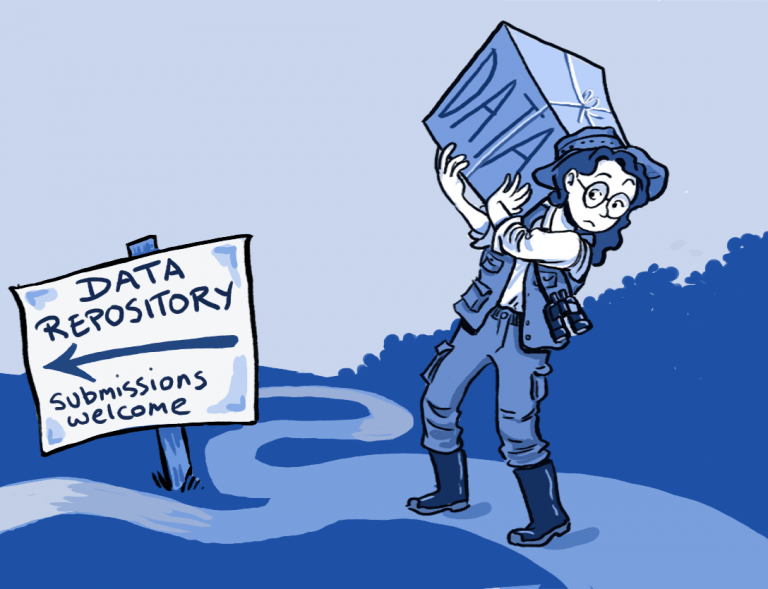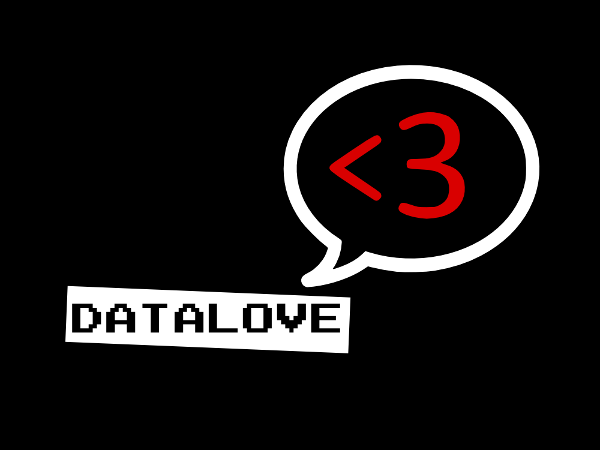Stefan Kasberger from OKFn Austria and myself are organizing this one-day workshop as an OKCon satellite event. Join us!
Thursday 19 September, 10:00 – 17:00 @ Centre Universitaire d’Informatique Université de Genève, Auditorium, Ground Floor
Coordinators: Stefan Kasberger (Open Knowledge Foundation Austria) and Rayna Stamboliyska (Open Knowledge Foundation France), in collaboration with Daniel Lombraña González (Citizen Cyberscience Center / Citizen Cyberlab) François Grey (Citizen Cyberscience Center / University of Geneva), Margaret Gold/ Brian Fuchs (Citizen Cyberlab / The Mobile Collective)
Hacking science makes us happy. If it makes you happy, too, then, this year’s Open Knowledge Conference is the place to be!
Indeed, OKCon 2013 is where an amazing bouquet of insights from Open and Citizen science will converge. But if you thought there would be only food for the brain, you were wrong. A satellite event will take place on 19 September aiming at giving space for everyone to actually get great things done.
With our friends Daniel Lombraña González (Citizen Cyberscience Center / Citizen Cyberlab) François Grey (Citizen Cyberscience Center / University of Geneva), Margaret Gold/ Brian Fuchs (Citizen Cyberlab / The Mobile Collective), we have come up with a way allowing everyone to take part to this exciting day.
I have an idea!
We know you do. Hence, we have a dedicated form ready for you to submit a short description of what you are keen to work on. You can also indicate what additional competences you need in order to get your project done.
Idea submission will be running from today until 10 September. Every week, we will be updating everyone (through the Open Science mailing list) telling you about the new ideas submitted. In addition, a community call will be scheduled to discuss and narrow down these ideas so that they actually become feasible within one-day long hands-on sprint.
Working together
The idea of the satellite event is to geek out together. On 11 September, we will be publishing a poll with all ideas so that you can be able to vote for the project you want to work on on Day D. Voting will run until 18 September.
Do not forget to bring your favourite geeking gear (laptop, some flavour of mobile device or a fancy notebook in the perfect 1.0 fashion). We will have WiFi, cookies and fun!
—
The workshop space can accommodate up to 45 people. To sign-up, express your interest in the topic and get in touch with the coordinators please write to openandcitizenscience@okcon.org.



